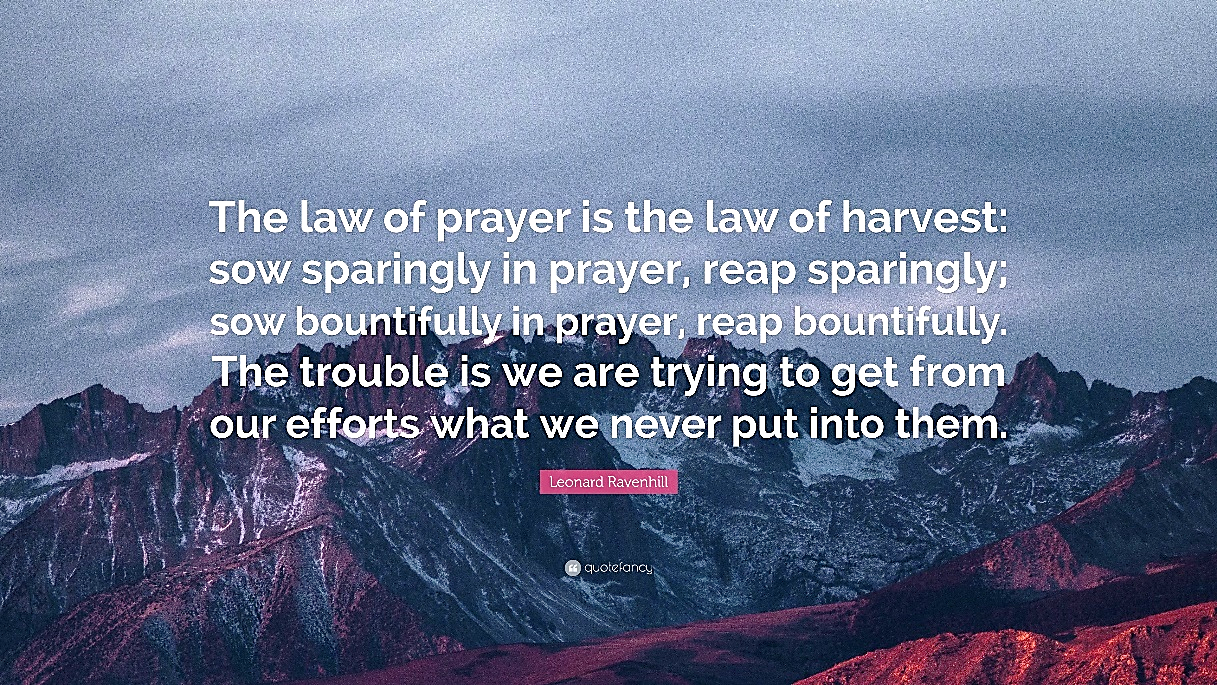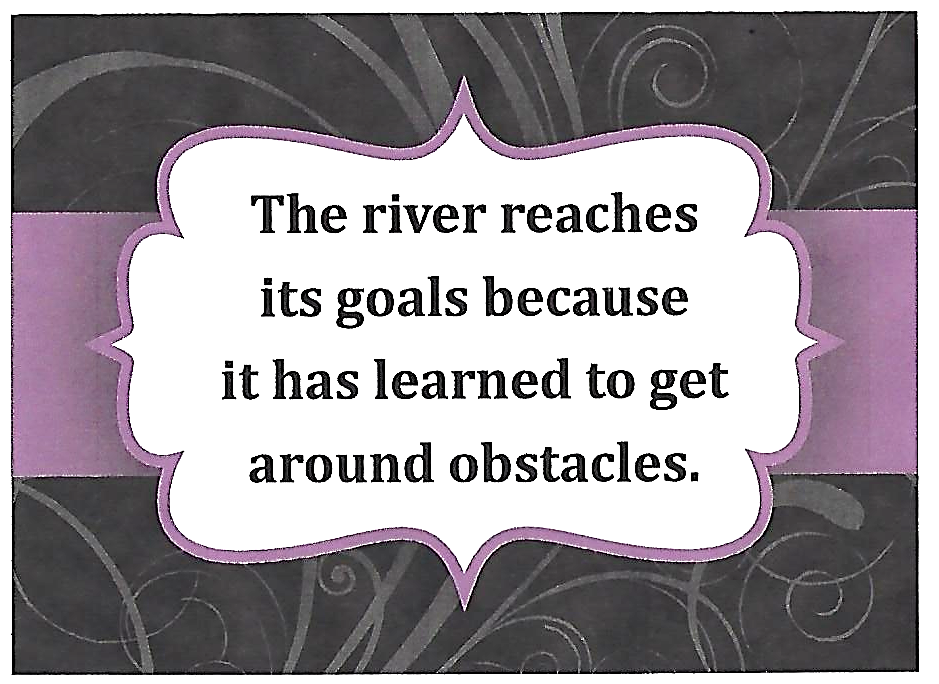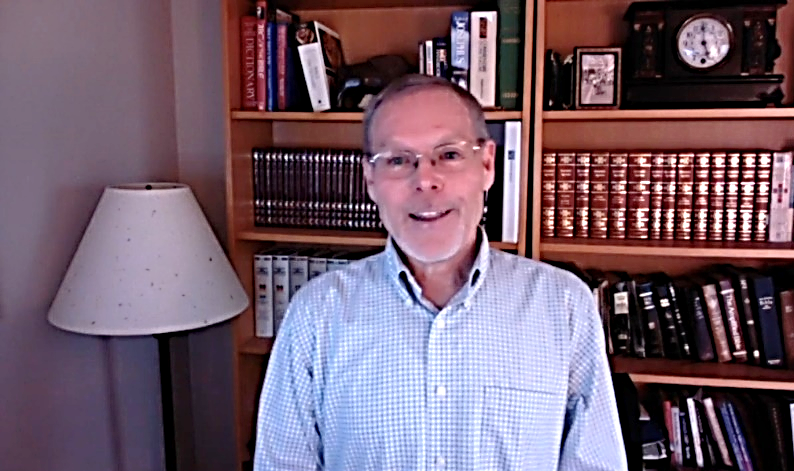
Scripture reading: Philippians 4:4-7; 1 Thessalonians 5:16-18
If we must believe that God exists and cares about us—the Law of Faith (Devotional Day 2)—in order to become God’s partner, then our next step is to try to contact him. Prayer is talking to God. It is the path by which we ask God for help, thank him for all that we have, and express to him our fears, anxieties, and hopes. When we are in partnership with God, it is important that we set our problems before God in prayer—and that we do this consistently and daily. As the apostle Paul said, “Pray without ceasing” (1 Thess. 5:17 NKJV).
Is it appropriate to take our habit of prayer into our professional lives? If you think career and business are personal subjects that are irrelevant to God, you will answer no. However, if the workplace is where you spend a good part of your life and where you have many daily interactions, you will understand that it is a wonderful field of action in which God can achieve his greatest endeavor here on earth. Therefore, the workplace is and should be a place for prayer.
We see an example of this in Daniel 2, which tells the story of Nebuchadnezzar, king of Babylon, who was deeply troubled by a dream he had. One of the king’s wise men, a godly man named Daniel, asked for some time to resolve the problem and took it before God in prayer. The mystery was revealed to him in a vision. In other words, a work problem was taken to God in prayer, and God answered.
Prayer works; it changes things, and it can—or should—be practiced in the workplace to the benefit of your career or your company. Professional success is a complex subject that isn’t limited to prayer, but prayer is an essential component in the fulfillment of your goals.
To overcome pressure, humiliation, injustice, and other misfortunes, the apostle Paul instructed us to talk to God, because in extremely difficult situations, his help is essential. Paul wrote, “Do not be anxious about anything, but in every situation, by prayer and petition, with thanksgiving, present your requests to God” (Phil. 4:6 NIV).
If you believe in God and habitually take your requests to him in prayer, you will benefit from a strong sense of security that will propel you on your walk with God and help you reach your goals.
Every time you pray, if your prayer is sincere, there will be new feeling and new meaning in it, which will give you fresh courage, and you will understand that prayer is an education.
Credit:
Fyodor Dostoyevsky , William Douglas and Rubens Teixeira: The 25 Biblical Laws of Partnership with God Devotional
Thanks to Lyle Dietrich for providing the content for the weekly inspirational bulletin.
Our Daily Bread

Agreeing To Disagree
Let us therefore make every effort to do what leads to peace…..Romans 14:19
I remember hearing my dad talk about how difficult it was to walk away from unending arguments over differing interpretations of the Bible. By contrast he recalled how good it was when both sides agreed to disagree.
But is it really possible to set aside irreconcilable differences when so much seems to be at stake? That’s one of the questions the apostle Paul answers in his New Testament letter to the Romans. Writing to readers caught in social, political, and religious conflict, he suggests ways of finding common ground even under the most polarized conditions (14:5-6).
According to Paul, the way to agree to disagree is to recall that each of us will answer to the Lord not only for our opinions but also for how we treat one another in our differences (v. 10).
Conditions of conflict can actually become occasions to remember that there are some things more important than our own ideas—even more than our interpretations of the Bible. All of us will answer for whether we have loved one another, and even our enemies, as Christ loved us.
Now that I think of it, I remember that my dad used to talk about how good it is not just to agree to disagree but to do so with mutual love and respect.
By Mart DeHaan
REFLECT & PRAY: We can agree to disagree—in love.
Credit: Our Daily Bread

Weekly Priorities
| If I did not know anything about you and my only source of information was your weekly calendar, what conclusion would I come to about your priorities? When I ask people what their top three priorities are, I usually get some combination of the following: marriage, work, God, family, church. All are good answers, but when I ask them to show me where these are scheduled on their calendar, I usually get a blank stare. I’m not saying these have to be written on your calendar, but if your calendar is full of other things, there may not be the margin there for your priorities. If you ask me the priority question, I would answer, “God, spouse, family.” Surprise! Yet, if there is no margin in my schedule, those are only words without any action behind them. Let me challenge you to take an honest look at your schedule for the week and mark off time that you can dedicate to your top three priorities. I find that if I am not purposeful in scheduling my priorities, they can sit on the sidelines of my life day after day after day. How about you? Today’s One Thing: Spend some time balancing your schedule with your priorities! |



The WLCC service is set up to accommodate everyone during the pandemic:
• Sunday Service: Starts @ 10:00 AM at Old 690 Brewery at 15670 Ashbury Church Rd, Purcellville, VA
•We have a drive-in service where you can stay in your car, watch the service, and listen to Pastor Ray by tuning your car radio to 1610 AM
•We have limited indoor seating during inclement weather.
•We also have numerous tables, spaced appropriately, for anyone wishing to attend the outdoor service in a more personable atmosphere.
• In the event of rain we will move under the covered roof portion of the building.
• WLCC continues to stream Sunday Service at 10:00 AM on Facebook and YouTube.
Wednesday Evening Study Group occurs every Wednesday at 7:30 pm. Join us for a lively discussion. Check your email for the online link to the meeting.
Western Loudoun Community Church is about being the church — not just some religious exercise. We are about fulfilling the Great Commission and living the Great Commandment.
Come see what all the laughter and joy is about – We’ll save you a seat.
